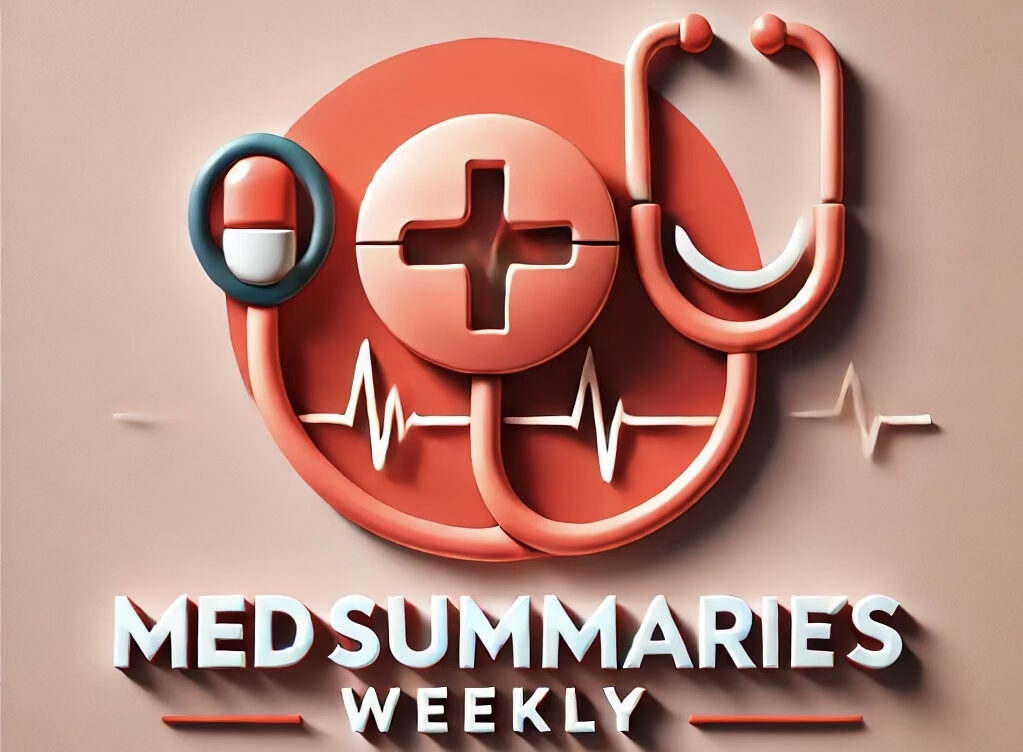Can genomic sequencing enhance the ability to diagnose severe monogenic diseases?
Study design: Large-scale sequencing study
Population
- Number of patients studied: 13,449 probands
- Inclusion criteria: Families with probands with severe, probably monogenic, difficult-to-diagnose developmental disorders
- Exclusion criteria: Not explicitly stated
Interventions
- Experimental group: Exome sequencing and microarray analyses performed to investigate novel genetic causes
Primary outcome: Molecular diagnosis of developmental disorders
Potential issues and biases
- Generalizability limited due to recruitment after clinician-led differential diagnosis and routine diagnostic testing
- Noncoding variants, complex structural variants, and tissue-specific mosaicism not detected
- Analytic approach insensitive to incomplete penetrance
- Lack of longitudinal phenotype data, detailed parental phenotypes, and assessment of social/environmental contributions
- Insufficient numbers of probands with the same ultra-rare condition for confident variant interpretation
Conclusion
Among probands with severe, probably monogenic, difficult-to-diagnose developmental disorders, multimodal analysis of genomewide data had good diagnostic power, even after previous attempts at diagnosis.
Wright, C. F., Campbell, P., Eberhardt, R. Y., Aitken, S., Perrett, D., Brent, S., ... Firth, H. V. (2023). Genomic diagnosis of rare pediatric disease in the United Kingdom and Ireland. New England Journal of Medicine, 388(17), 1559-1571.
Editorial - Genomics in Clinical Practice
Study Overview
The Deciphering Developmental Disorders (DDD) project investigated rare genomic disease in the UK and Ireland, identifying and communicating molecular diagnoses to over 13,500 families with undiagnosed developmental disorders. The study showed that a genome-driven approach in combination with detailed clinical phenotyping improves diagnostic yield over the previous standard of care.
Factors Influencing Diagnostic Yield
Recruitment in a family trio had the greatest effect on increasing the chance of receiving a molecular diagnosis. Other factors that increased the chance were the presence of severe intellectual or developmental disability, a greater number of organ systems affected, the presence of features suggestive of a syndrome, and having only one affected family member. Factors that reduced the odds of receiving a molecular diagnosis were premature birth, in utero exposure to antiepileptic medications, male sex, and greater degree of homozygosity due to consanguinity. The diagnostic yield was also lower among probands of African ancestry than among those of other ancestries.
Multilocus Pathogenic Variation
Up to 6.5% of probands who received a molecular diagnosis had two or more predicted molecular diagnoses. 13% of probands received a molecular diagnosis that explained only a portion of their observed phenotypes, highlighting the potential for the identification of additional multilocus pathogenic variation.
Testing Strategy
The study defined their testing strategy as a genomewide assessment for personal genome variation with the use of complementary array- and sequencing-based methods that allow for an unbiased approach to genomic interrogation. The authors implemented an iterative analysis approach involving the integration of new knowledge sources and analysis methods over time, improving the detection of additional variant types through systematic integration of methods designed to identify de novo, mosaic, structural, and large insertion or deletion variants, as well as uniparental disomy, mobile element insertions, and aneuploidies.
Role of Clinicians
The study emphasizes the important role of clinicians and clinical acumen in phenotyping and interpreting findings, as much work remains to be done in improving genomic diagnostics and in understanding disease biology. However, it is clear that clinical genomics in medical practice is making a difference for patients with rare genetic disorders and their families and physicians.
Posey, J. E., & Lupski, J. R. (2023). Genomics in Clinical Practice. New England Journal of Medicine, 388(17), 1619-1620.
